
Please Share your Email if you Wish to Receive the Golden Tips & Tales Newsletter from History of Ceylon Tea Website
Sip on the tea you genuinely enjoy to reap the most benefits.
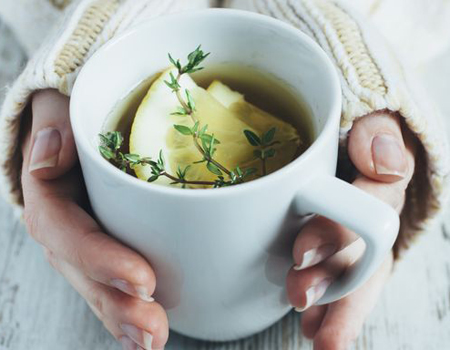
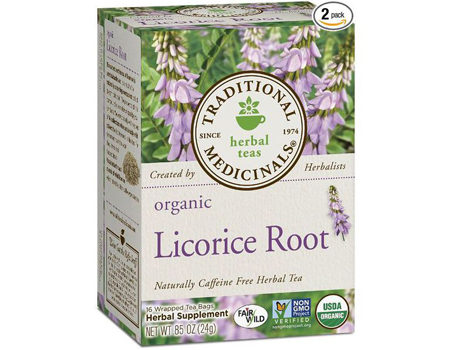
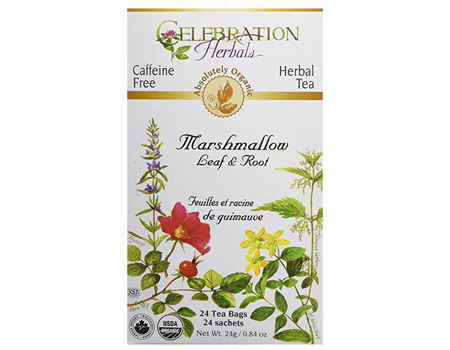
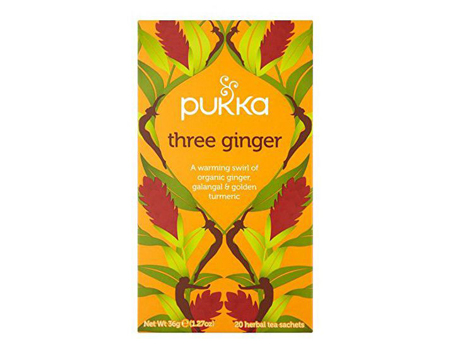
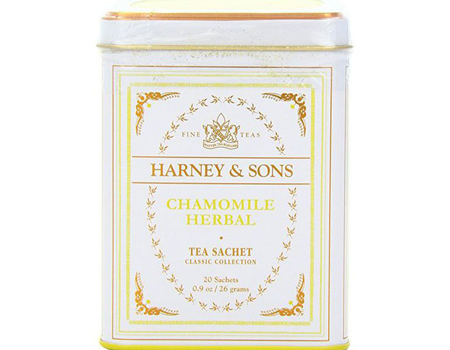
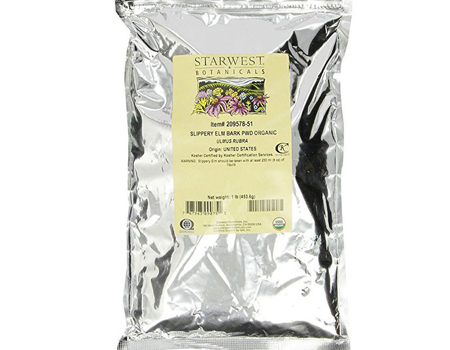
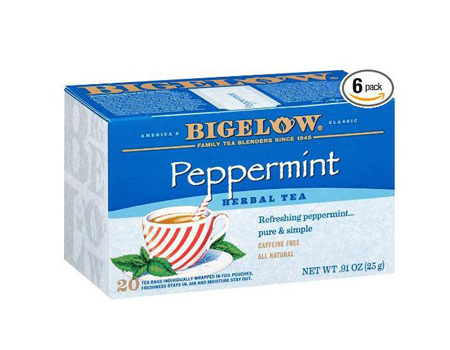
When you feel the dreaded scratchiness of a sore throat coming on, your first instinct is probably to drink something hot, like a big cup of tea.
Your instincts are right: “Warm tea or other drinks can help soothe the inflammation, clear nasal passages, and reduce the amount of mucus coming from the nasal passages that might further irritate the throat,” says Stephen Parodi, MD, infectious disease expert and national physician leader at Kaiser Permanente. “Some provide topical relief of pain, and some may assist with mucus production.”
However, Dr. Parodi says research hasn’t confirmed that one type of tea is more beneficial than the rest. “There are no specific studies about which specific tea or combination of ingredients for a home remedy is best, and each person responds to different approaches,” he says.
Lisa McDonald, tea sommelier and owner of TeaHaus in Ann Arbor, Michigan, who has spent her career learning about the properties of tea, from its molecular structure to which blends feel soothing, echoes Dr. Parodi sentiments. “It’s important to me that people understand that white, green, oolong, yellow, and black teas are all the same plant and therefore are all healthy,” she says, referring to the Camellia sinensis plant from which they’re all derived. “I strongly encourage people to drink the tea they enjoy since quantity is important for staying hydrated and reaping the benefits of tea.”
That means if you’re struggling to drink one cup of green tea when you can easily glug down a few cups of black just because you think it’s healthier, you may actually be missing out on all that your drink has to offer during cold and flu season. So, give the following teas a try and sip on the one you like the most—we promise your sore throat will feel better in no time.
1. Licorice Root Tea
Slightly sweet licorice root, which stems from a plant called Glycyrrhiza glabra, is a staple in traditional Chinese medicine. While it may be best known for soothing gastrointestinal problems like heartburn, a 2015 paper by the Chinese Academy of Medical Sciences highlighted its antimicrobial and antiviral properties, which can be key in fighting the bacteria and viruses that cause infectious sore throats.
We like: Traditional Medicinals Organic Licorice Root Tea
2. Marshmallow Root Tea
Althaea officinalis, an herb better known as marshmallow root, secretes a sticky, gel-like substance called mucilage, which can coat the throat for a soothing effect. A small 2014 study noted it also has pain-relieving properties, especially when it comes to inflammation, a hallmark of sore throats. Don’t let the name excite you too much; this is still a green tea—just with a mild taste.
McDonald also suggests combining licorice root and marshmallow root into one herbal tea, like an Ayurvedic Vata blend. “The tea is naturally quite sweet and has a smooth finish, which coats the throat,” she says.
We like: Celebration Herbals Marshmallow Leaf & Root Herbal Tea
3. Ginger Tea
Both ginger and galangal (a similar root) are well-known for their anti-inflammatory effects. And turmeric, which is from the same family as ginger, has long been used as an infection-fighting antiseptic in South Asian countries. While treating the inflammation and possible infection associated with a sore throat is great, adding a dash of cinnamon to this tea can make its effect even greater, notes McDonald, thanks to its antibacterial properties. Plus, it adds a nice flavor.
We like: Pukka Herbs Organic Three Ginger Herbal Tea(it contains a blend of organic ginger, galangal, and turmeric)
4. Chamomile Tea
“If you want a more classic herbal tea, we recommend chamomile with a touch of honey,” McDonald says. “The tea is very calming, and the honey offers a smooth sweetness to help coat the throat.” Specifically, antioxidant-rich chamomile has been shown to lubricate the throat to improve soreness and hoarseness.
We like: Harney & Sons Chamomile Herbal Tea
5. Slippery Elm Tea
This herbal tea comes from the inner bark of the Ulmus rubra—or slippery elm—tree of North America. Like marshmallow root, slippery elm is high in mucilage, creating a gel that can coat and soothe the throat. In fact, it’s used in some oral lozenges to ease throat pain, according to the National Institutes of Health.
We like: Starwest Botanicals Organic Slippery Elm Bark Powder
6. Peppermint Tea
If you’re looking specifically for cooling relief, peppermint can get the job done. Peppermint is rich in menthol, which is responsible for the cooling sensation you associate with mint. Both peppermint and menthol have antibacterial properties—a plus if your sore throat is a result of a bacterial infection, like strep.
We like: Bigelow Peppermint Herbal Tea
Source - https://www.prevention.com/health/g22554861/tea-for-sore-throat/
Comments
(In keeping with the objectives of this website, all COMMENTS must be made in the spirit of contributing to the history of this estate, planter or person i.e. names, dates & anecdotes. Critical evaluations or adverse comments of any sort are not acceptable and will be deleted without notice – read full Comments Policy here)